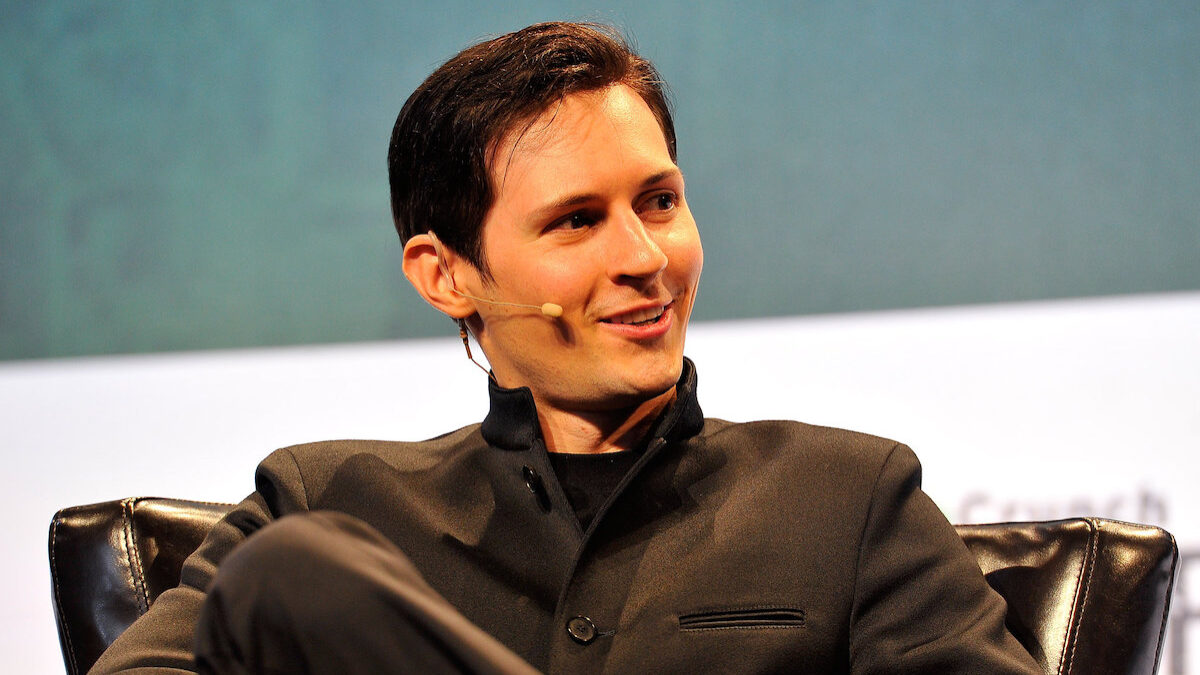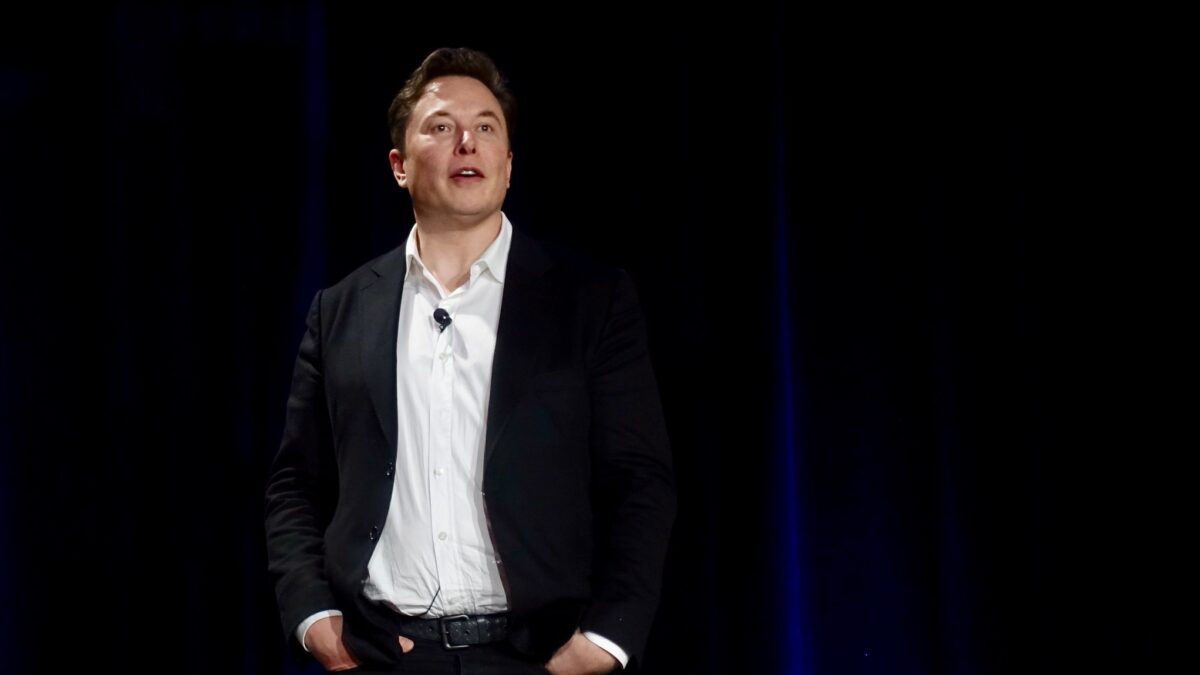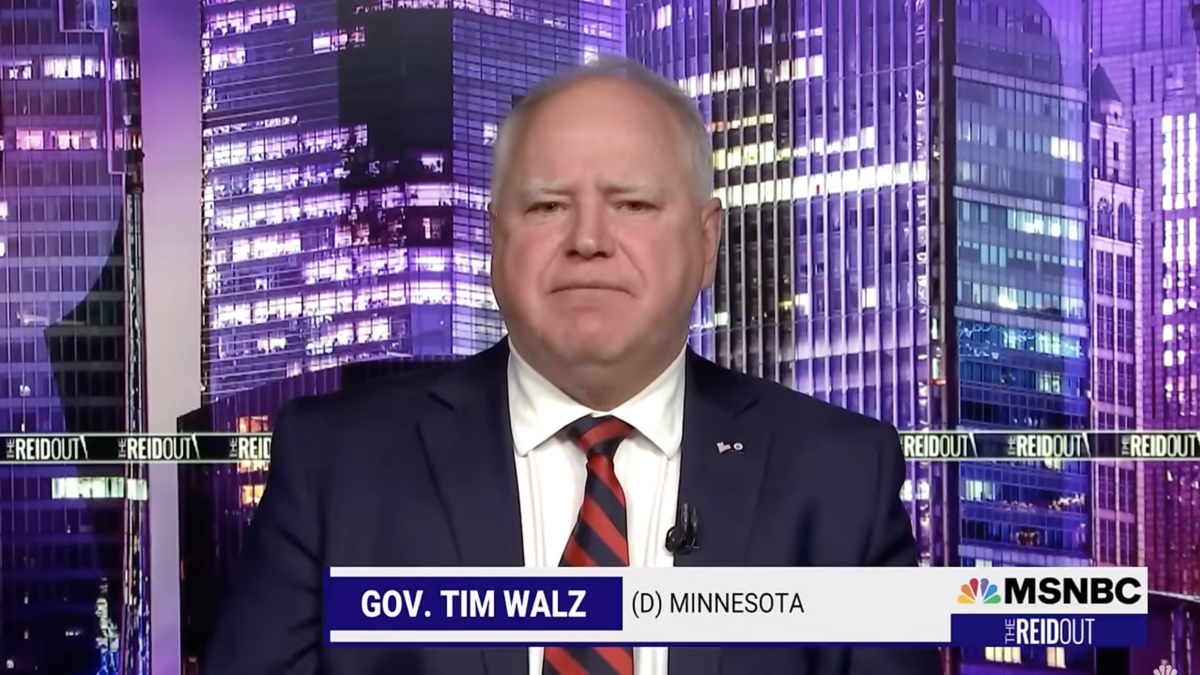Although I regularly disagree with the political leanings in his work, Aaron Sorkin is one of my favorite writers. “The West Wing” is one of my all-time favorite shows, and I have great affection for “Sports Night” and, yes, “The Newsroom.” Likewise, his work on a film makes me instantly interested in hearing his witty dialogue and sharp characters, from my oft-rewatched “A Few Good Men” to “Saturday Night Live’s version of Bill Clinton’s favorite movie, “An American President.”
However, I finally found a work by the writer I dislike – his open letter to Mark Zuckerberg, penned Thursday, which criticized the Facebook founder’s purported commitment to free speech at the risk of biased and misleading political ads proliferating on his platform, as he expressed in a speech at Georgetown University earlier this month.
Facebook has had its share of controversy over censoring conservative speech, with accusations of deplatforming those on the right. Yet Zuckerberg’s speech, and his refusal to ban “political” ads, unlike his contemporaries at Twitter, is a step in the right direction, especially if Facebook wants to be taken seriously in its claims to be a platform, not a publisher. However, should Sorkin have his way, the people at Facebook would have discretion to decide what speech is permissible.
Sorkin’s only piece of evidence as to why Facebook must begin engaging in censorship is that more than 40 percent of Americans get news from Facebook. According to Pew Research center, 43 percent of adults used Facebook as a pathway to news in 2018. Yet 57 percent of adults perceive the news found on social media to be largely inaccurate. Despite Sorkin only delineating the potential dangers of anti-leftist and pro-conservative hoaxes being propagated, conservatives are the most suspicious of social media news, with 72 percent of adults who get their news from social media believing that the content is largely inaccurate.
Further, there is a massive difference between getting news on social media and taking conspiracy theory ads at face value. Facebook users, particularly the politically inclined, regularly share articles that interest them from both sides of the aisle.
Even the least savvy news consumer should know the difference between an ad and actual news, and if not, is it really Facebook’s job to protect people from their own ignorance? Zuckerberg said as much in his testimony to the House of Representatives earlier this month, something Sorkin references as if it is an evil sentiment, tacitly admitting a desire to fool a naïve public. When did it become too much to ask of people to use a little critical thinking about current events?
There is an odd recurring theme to the letter, in which Sorkin describes the process that his legal team went through to avoid getting sued by Zuckerberg during the making of the 2010 biographical drama The Social Network. As biopics are apt to do, many key moments in the film are dramatized or even fabricated. Yet Sorkin’s film, just like countless other based-on-true-stories movies, continue to get rightful acclaim, because no one expects a motion picture to get every detail right in the service of a good story.
When did we begin to expect ads to tell us the truth to which we are entitled? There are other forums for that; it is readily available and easily accessed. And if you do not have the inclination to discover the difference, then maybe you can’t handle the truth.
Zuckerberg responded to Sorkin’s letter with a quote from “An American President,” in which Michael Douglas’s fictional president exclaims,
America isn’t easy. America is advanced citizenship. You gotta want it bad, ’cause it’s gonna put up a fight. It’s gonna say: You want free speech? Let’s see you acknowledge a man whose words make your blood boil, who’s standing center stage and advocating at the top of his lungs that which you would spend a lifetime opposing at the top of yours. You want to claim this land as the land of the free? Then the symbol of your country can’t just be a flag; the symbol also has to be one of its citizens exercising his right to burn that flag in protest. Show me that, defend that, celebrate that in your classrooms. Then, you can stand up and sing about the land of the free.
It is genuinely disappointing to me that the man who wrote those words ignores everything for which they stand. “The West Wing’s” President Jed Bartlett was “for freedom of speech everywhere.” I wish his creator felt the same way.









